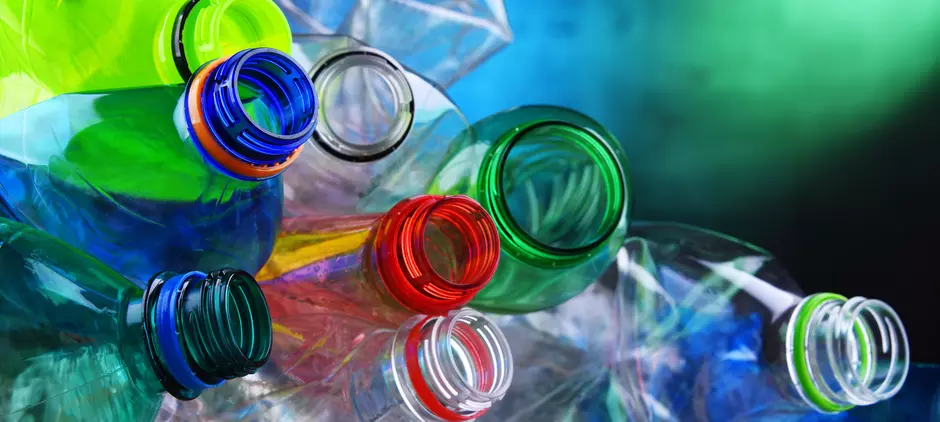As the world continues to get back to normal after the last lockdown, discussions are ongoing about how to build back better, especially around issues such as single use plastics and food waste.
Read on for the key policy highlights from the past month, including the launch of new consultations and guidance designed to facilitate a sustainable recovery:
Resources & waste
Following the recent bans on plastic straws and cotton buds, DEFRA (the Department for Environment, Food & Rural Affairs) has announced the launch of a consultation on banning polluting plastics. This will mainly focus on single-use plastic items such as disposable plates and cups. DEFRA is also tackling another big environmental issue through the establishment of a Chewing Gum Task Force, which aims to remove chewing gum litter from high streets. The Task Force is backed by a £10 million investment over the next five years from names such as Mars Wrigley and GlaxoSmithKline.
Food waste also remains a significant problem, with WRAP reporting that their latest UK Food Waste Trends Survey shows that self-reported food waste levels have returned to pre-lockdown levels. As people are returning to their normal routines, more food is potentially going to waste in UK homes. Elsewhere, the Environment Agency has updated guidance relating to environmental permits, along with updating the 'legal definition of waste' and the waste exports control tool.
Energy
BEIS (the Department for Business, Energy & Industrial Strategy) has published its Hydrogen Strategy, amongst other things, in the past month. This Strategy lays out the steps the government is going to take to achieve its target of delivering 5GW of low carbon hydrogen production by 2030, including the launch of the Net Zero Hydrogen Fund (NZHF) and the creation of a UK standard for low carbon hydrogen. Also in the past month, BEIS has announced a review to examine whether companies are overstating their environmental commitments, following concerns over 'greenwashing'. The department has also launched consultations on various subjects, including carbon capture, usage and storage (CCUS).
Net Zero
Following the government's pledge to restore approximately 35,000 hectares of peatland in England, five new landmark projects are set to restore areas of peatland to a natural and healthy state in various areas of the country. Other areas of focus for the government over the past month have been the UK Emissions Trading Scheme (ETS), for which there is updated guidance as to what it will mean for businesses; the UK's resilience to the impacts of climate change, which will be researched through a new £5 million programme; and electric vehicle chargepoints, which Transport Secretary Grant Shapps claims could be a new British emblem as iconic as the red post box.
-Further Reading-
Five ways to reduce food waste
Cutting down your food waste can greatly enhance your environmental credibility by reducing the need for general waste services. These five simple tips can help your business reduce food waste.
Zero Carbon Strategy
Find out how a Zero Carbon Strategy could make a difference to your energy footprint and deliver cost savings.
Peatlands fact file: why are they so important?
The government has recently set out plans to restore England's peatlands. But why are peatlands such a hot topic, and why should we care about them?
Download your free sustainability jargon buster guide!
Make sure you're up to speed with all the key sustainability terms.







